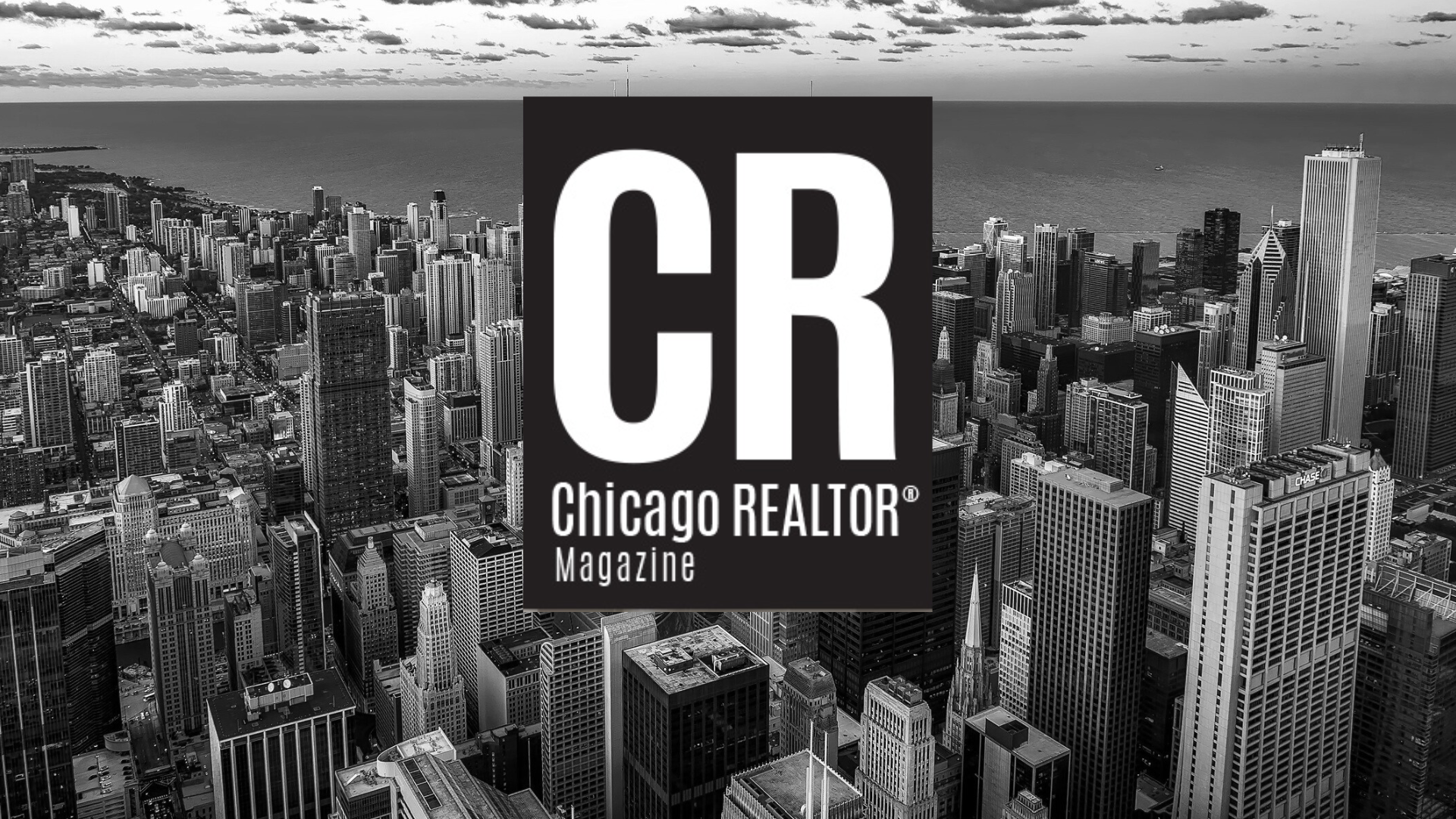A CLOSER LOOK AT THE 2023 BUDGETS
The city of Chicago reviewed a $16.4 billion budget. The budget did not include a property tax increase, although it was considered. Overall, there will be a property tax levy of $7.13 billion. Mayor Lightfoot dropped the 2.5% increase on property taxes following pushback from alderman and groups like the REALTORS®.
While a property tax increase was not included in the budget, the possibility of an automatic property tax increase still exists in Chicago’s municipal code. This past July, a group of aldermen introduced an ordinance (O22–2498) that would repeal an automatic ability for this mayor and future mayors to include a Consumer Price Index (CPI) or 5% increase, whichever is less. For example, in 2022, CPI was over 8%. As of today, without this ordinance, a mayor can increase property taxes by 5%. If inflation levels continue to hover around 7 or 8% over the next year, there could be additional increases. This law is very problematic when considering the possible compounding of property tax increases over time. It is unfair to property taxpayers when they do not have a direct vote on the matter.
REALTORS® strongly support repealing a mayor’s ability to automatically increase property taxes. In fact, according to the Institute of Housing Studies at DePaul University, 30.7% of owner-occupied households are cost burdened; and almost 50% of renter-occupied households are cost burdened. The automatic increase in property taxes would also result in an automatic increase in rent.
Furthermore, businesses must choose between rising prices or shutting their doors, which contributes to the already persistent problem of vacant storefronts, retail and food deserts. This past year, we’ve seen a new record high of office vacancies, with some reaching over twenty 20%. Tax increases hurt all neighborhoods.
The county’s budget is $8.75 billion, which does not include a property tax increase. The total amount of revenue collected from property taxes is $807 million county-wide, or 9.2% of total revenues. The other area of the budget impacting real estate is the transfer tax. The transfer tax for 2023 is projected at $56 million total, a reduction from 2022. Increased interest rates and low home inventory are the expected reasons for the decrease year over year. Keep in mind that there are separate transfer taxes collected for Chicago, Cook County and the state.
THE SEARCH FOR LONG-TERM, SUSTAINABLE SOLUTIONS FOR HOMELESSNESS CONTINUES
Bring Chicago Home is an active campaign focused on increasing the transfer tax to help fund homeless support programs in Chicago. Advocates of Bring Chicago Home are asking for a 1.9% increase in the real estate transfer tax on transactions over $1 million.
Going into 2023, $200 million of the city’s budget will be devoted specifically to homelessness and affordable housing initiatives. Since the city did not spend at least $98 million of the approved funding in 2022, we must first review current policies and programs to identify what’s working and what is not.
Not only do tax increases take equity from families and future generations trying to build wealth, but our underserved neighborhoods also already suffer from disinvestment and commercial vacancies. It is important to note that over 32,000 properties would be impacted, including small residential buildings with ground-level retail, grocers, healthcare facilities and small businesses in our neighborhoods.
We are working to provide alternatives to alderpersons for a long-term funding mechanism to help house the homeless. Increasing transfer taxes is not the solution.
IMPACT OF LATE PROPERTY TAX BILLS ON PROPERTY OWNERS
Property tax bills were delayed in the fall; the mailing of the second installment bill was at least four months late. The second installment is important for Chicago property owners as the 2021 reassessment will be reflected on this bill, determining if a property owner’s payment will increase or decrease. This means, in early 2023, property owners will receive back-to-back bills. Owners that escrow will likely receive a letter detailing how their payments will change. Further, the delay in 2022 will most likely create delays in 2023 and, possibly, 2024. It is assumed that some of the due dates for property tax payments will also be delayed.
INCENTIVE TAX OPTIONS FOR FOOD DESERTS
The U.S. Department of Agriculture (USDA) has identified 807 low income and low access census tracts in Illinois where urban residents must travel more than half a mile and rural residents travel more than 10 miles to the nearest supermarket. Cook County has the greatest amount of food deserts — 302 out of the 807 tracts across the state.
Considering these numbers, Cook County would like to increase access to healthy food, reduce obesity and improve health outcomes by offering a new property tax incentive program for grocery stores to open (22-5345). Class 7D will reduce the property tax assessment of a grocery store located in a food desert (defined by USDA) for a store that either expands or renovates, and provides fresh produce, bakery items, meat/deli department and more. At least 55% of employees must be employed on a full time basis to receive the reduced assessment, which mid-level grocery stores do.
REALTORS® were supportive of the new property tax incentive class. Although REALTORS® were supportive, public comments provided by staff expressed the need to review the entire property tax incentive program. Staff acknowledged how property taxes can easily become burdensome, pointing to numbers released in October by the Cook County Treasurer’s office regarding over 55,000 properties with delinquent property tax payments and an indication of possible future vacancies. Obviously, future economic conditions cannot be predicted, but the concern over property taxes continues to be a burdensome aspect for families, individuals and businesses. The incentive might be helpful, but the county needs a plan to prevent vacancies.
Sign up to receive REALTOR® Party Mobile Alerts: text REALTOR to 30644.
Contact your GAD Adriann Murawski, Director of Government Affairs.







